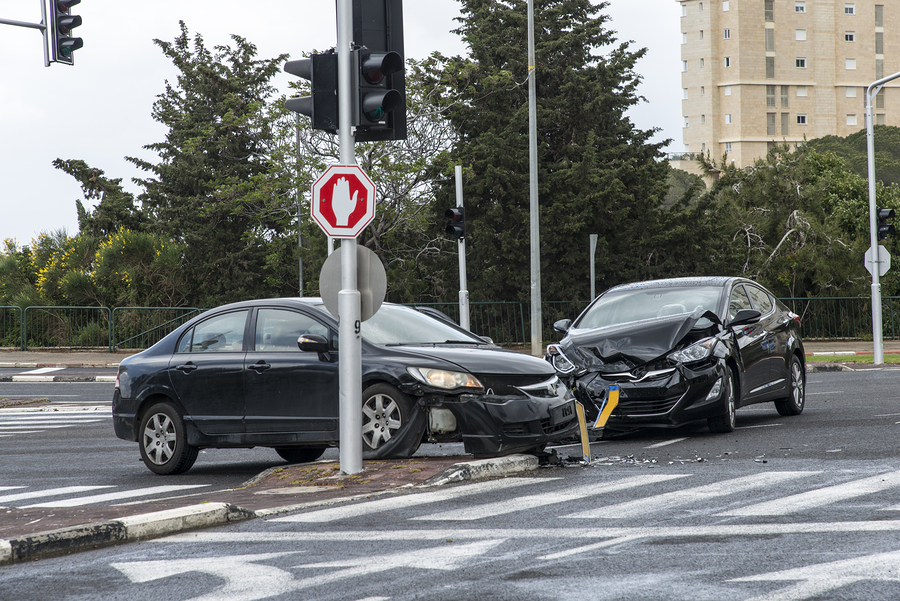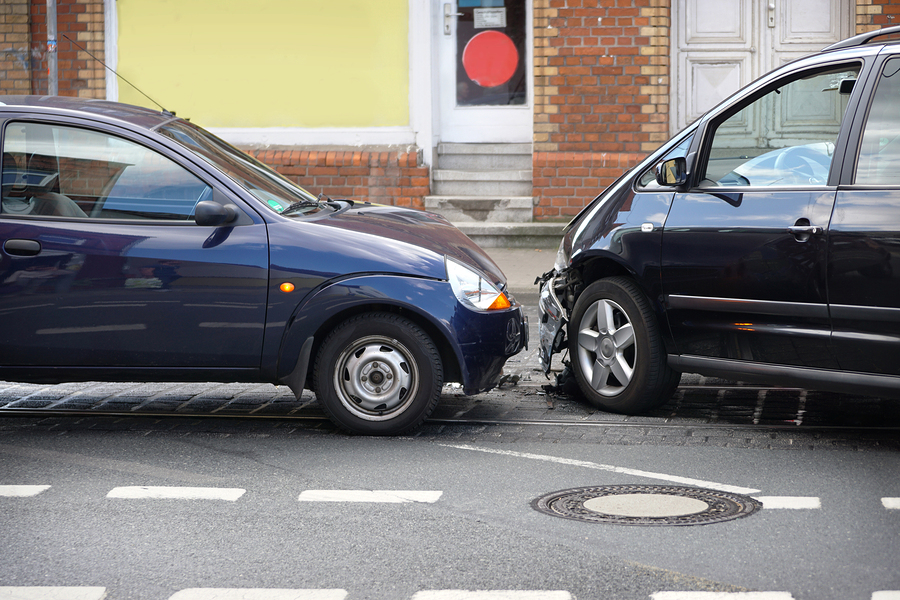With millions of drivers sharing the roads, it’s no surprise that thousands of Americans find themselves on the wrong end of a car accident every day. Many of those accidents send people to the hospital seriously injured.
After receiving medical care, contact a Virginia car accident lawyer as soon as possible.
Common Injuries Suffered in a Car Accident
From fender benders to head-on collisions, a doctor should check anyone in a car wreck for injuries within 24 hours of the accident.
Some common injuries caused by a car accident include:
- Scrapes and cuts that may or may not require stitches.
- Broken bones and fractures, some of which doctors may need to reset, cast, or even operate on.
- Back and neck injuries including whiplash, mid- or lower-back strains, and spinal cord injuries.
- Soft tissue damage involving the connective tissue of muscles, ligaments, or tendons which have been stretched or torn,
- Internal bleeding and/or organ damage, which may not be immediately apparent.
- Head injuries including concussions and traumatic brain injury.
- Post-traumatic stress disorder with long-term mental and emotional effects resulting in flashbacks, depression, trouble sleeping, recurring nightmares, and a reluctance to drive, according to the Anxiety & Depression Association of America.
What Should You Do Immediately Following an Accident?
Immediately following an accident, call 9-1-1, whether through crash recognition software such as OnStar, the driver, a passenger in either car, or a witness to the accident.
If you are involved in a car accident and feel well enough to check on any other individuals in your car, do so. If no one else is around, you should also check on the other driver. The 911 operator will ask if there are any serious injuries involved.
Emergency medical technicians will check on all individuals involved in the crash. Anyone deemed well enough to not require emergency care, or anyone who refuses treatment at the scene should see a physician as soon as possible whether in an emergency room, urgent care, or by their own physician.
While you may feel you had not suffered an injury at the scene, symptoms may later appear including pain, weakness, and/or dizziness. Without being seen by a doctor, you will not know the extent of the damage.
A physician will provide a diagnosis, tell whether surgery is needed, and provide a potential prognosis and timeline for your recovery. Going to the doctor also documents your injuries, which you need to file an insurance claim or lawsuit.
Contributing Factors for Injuries
Many factors could affect the degree of injuries obtained in an accident.
Wearing a Seatbelt
In many states, like Virginia, the driver and any front-seat passengers must wear a seatbelt. In addition, any back seat passenger under 18 must also wear a seatbelt or sit in a car seat.
Regardless of state law, everyone should wear a seatbelt while riding in a vehicle. Not only does wearing a seatbelt save lives, it also protects you from broken bones, glass cuts, and traumatic brain injury. So do airbags. But seatbelts can also contribute to some injuries, such as whiplash and abdominal problems.
Speed of Collision
Common sense dictates that if both cars involved in an accident are traveling at slow speeds, injuries will be less severe than if one or both are traveling at a high rate of speed. This is generally true. If you are in a highway accident, you are much more likely to receive a serious injury than an accident on a residential street.
The worse the nature of injuries, the longer it will take to heal. But either way, if you were in a car accident, you should be checked out for injuries.
Prior Health or Medical Conditions
If you have suffered from a prior accident injury, for example, a whiplash, and are subsequently involved in another, it will likely exacerbate the original injury. Prior conditions will affect your degree of injury and how long you need to heal.
Similarly, if you experienced an injury to your neck, back, leg, or arm by some other means, an accident can make it worse. The same is true with some health conditions.
What Is the At-Fault Driver Responsible For?
Following a car accident, you and your attorney should look for compensation from the at-fault driver and his or her insurance company, for:
- Reimbursement for emergency room costs and hospitalization, prescription medicine, laboratory studies, X-rays, therapy, and any other bills related to your accident injuries.
- Loss of income from time away from work.
- Pain and suffering for the emotional and physical toll the accident has caused in your life.
- Repair or replacement of your automobile.
- Any other bills resulting from the accident.
When to See a Car Accident Lawyer

Once you have undergone examination and are on the mend from your car accident injuries, it is time to call upon an experienced legal team. Healing from physical and emotional injuries is hard enough without worrying about how to pay for the hardships you are going through.
After meeting with your car accident lawyer, your legal team will likely:
- Take care of investigating the accident.
- Contacting the insurance companies.
- Dealing with the other driver’s attorney.
- Determine the amount of compensation you deserve.
- If necessary, file a legal claim.
In all states, you have a limited time to file a car accident injury claim. Your lawyer can help you meet that deadline.
If you were injured in a car accident in Virginia, you deserve to know your rights. Do not hesitate to give us a call at (804) 358-1568, or contact us online to schedule a free consultation with no obligation.


